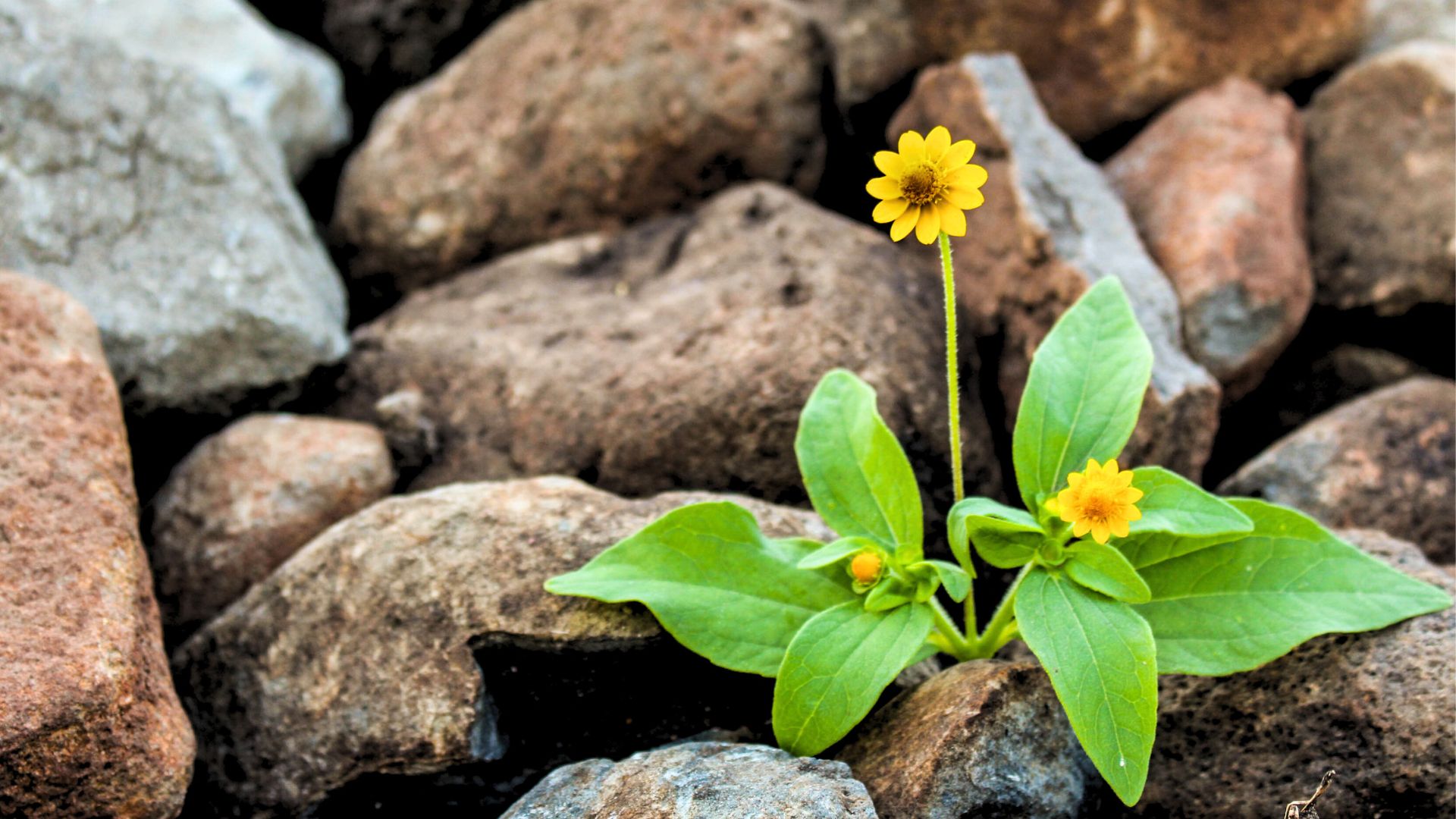Choosing a title for this article was a deliberate process. I felt a deep responsibility to accurately convey information about well-being and mental health, especially to younger audiences. My journey of healing, self-discovery and exploration of mental health and well-being revealed that we often misinterpret these concepts. Social media, with its overuse of terms like ‘human right,’ ‘mental health,’ and ‘well-being,’ often muddies the waters, leading many of us down a path of confusion rather than clarity. To avoid adding to the noise, I’ve decided to share the valuable lessons I learned during my journey of building mental resilience with nature.
Chasing the False Idea
The Oxford dictionary defines well-being as a state of health, happiness, and prosperity. While it’s a noble aspiration, striving for constant well-being can be overwhelming and unrealistic. The pressure to always be ‘well’ can lead to feelings of inadequacy when we inevitably fall short. Instead, cultivating equanimity, a mental state of composure and calmness, might be a more sustainable approach.
Two years ago, my then-coach (now CEO) posed a thought-provoking question: “Are you ready to walk the path of truth?” I was entrenched in depression, unsure of what “truth” he was referring to. Was it the secret to making environmental, social, and governance (ESG) a billion-dollar market? Or perhaps the truth about our limited ability to control climate change, a natural phenomenon constantly in flux?
Today, I understand that the ‘path of truth’ is about acceptance: accepting reality as it is and, most importantly, accepting myself for who I am. This journey of self-acceptance has been challenging, as it’s often easier to judge others than to be honest with oneself. Nevertheless, this realization has been pivotal in breaking free from the habit of measuring my worth by external standards and expectations.
It led me to abandon the habit of defining well-being or mental health by my actions. Instead, I focus on building my capacity for acceptance and resilience. Developing these skills requires courage. To cultivate that bravery, I practice equanimity—the ability to observe things objectively, without judgment.
The Power of Equanimity and Unlearning
Life is a delicate balance, easily disrupted by the habits we form. Life is inherently simple, yet we often complicate it with our own habits. From the mundane rituals of our mornings to the strategies we employ at work, our lives are shaped by these ingrained behaviors. Yet, many of these habits, both positive and negative, can have a profound impact on our mental well-being.
During my struggle with depression, I found myself trapped in a cycle of rumination—dwelling on negative thoughts. This habit made life more complicated and difficult, and I provided myself with endless excuses to avoid change.
One day, a wave of frustration washed over me. Disappointed in myself for harming those around me, I finally realized the need to break this habit. But how?
Inspired by Dr. Qing Li’s book, ‘Shinrin-yoku’ (Forest Bathing), which my coach recommended, I embarked on a three-day silent retreat in a rainforest treehouse. Over the three days, I immersed myself in nature, practicing the techniques from the book. The first two days were challenging, as I became aware of my pain, anxiety, and depression without experiencing any immediate relief.
The first two days brought an awareness of my pain, anxiety, and depression, but without the pleasure I had hoped for—only a sense of calm. On the third day, while meditating by a waterfall, I felt a sense of lightness and peace. The negativity seemed to lift, and for the first time, I opened up to my parents about my struggles after the three-days retreat, breaking my habit of bottling up my emotions. This experience taught me the power of unlearning—shedding old habits and cultivating new, healthier ones.
Through this experience, I learned the power of unlearning and restarting. It’s about shedding old habits and cultivating new ones. This approach is a key to overcoming depression and other mental illnesses. It’s not an easy task, especially in our information-saturated society that thrives on comparison. Yet, with a willingness to change, it’s possible.
Reconnecting with Nature and True Self
In today’s fast-paced world, finding moments of tranquility is essential for mental well-being. The chaos and disconnection created by unhealthy systems often contribute to mental health issues. These systems prevent us from appreciating the beauty of the natural world, leading to a sense of disorientation and alienation.
To break free from the cycle of mental illness, we must reconnect with nature and, in doing so, reconnect with ourselves. This requires a firm determination to change and an accepting mindset, often emerging when we reach a personal nadir or when we are mentally or spiritually prepared. This process might be challenging, but the rewards are substantial, offering a deep sense of freedom.
By reconnecting with nature and embracing its simple yet profound truths, we can cultivate lasting resilience and well-being. I hope my experience inspires you to begin your own journey of self-discovery and connection with the natural world.

Leave a Reply